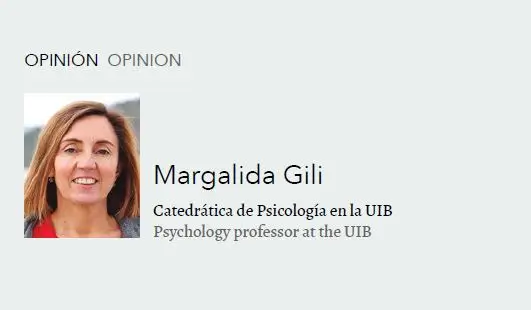 The Extraction of the Stone of Madness is a painting by El Bosco, a mockery of a medieval tradition that consisted of removing the stone in the brain that caused alienation. The road travelled by Mental Health from the esoteric to the scientific has been long, complex and cruel on many occasions.
The Extraction of the Stone of Madness is a painting by El Bosco, a mockery of a medieval tradition that consisted of removing the stone in the brain that caused alienation. The road travelled by Mental Health from the esoteric to the scientific has been long, complex and cruel on many occasions.
The outbreak of emotional distress after the pandemic has normalised mental suffering, reduced stigma and brought Mental Health into the political discourse. Actors, athletes and influencers have contributed to a greater demand for professional help. But it has also led to an excessive medicalisation of everyday problems, an exaggerated increase in health consultations that cannot be dealt with by existing resources, which are clearly insufficient, an increase in the consumption of antidepressants and anxiolytics and a greater number of sick leaves due to mental health. Why does mental health get worse if we go to psychologists or psychiatrists more often?
The boundary between mental illness and psychological distress is blurred. There is an emotional suffering that is adaptive, proportional to the stressful life event, not pathological, and which should not be solved by social and health care systems. The history of humanity is evolution and adaptation to change. Heartbreak, exams, the loss of a loved one, the loss of a job or even a lockdown are events that are overwhelming but are part of life. They can generate symptoms of healthy anxiety or depression that with appropriate coping strategies and social support should be overcome and not treated by the health system. In contrast, depression and anxiety as illnesses are clinical entities with defined diagnostic criteria, highly disabling, caused by a confluence of biological, psychological and social factors and requiring treatment. They are not the cultural manifestation of suffering, nor are they necessarily a consequence of it. Nor is therapy personal growth. Serious mental illnesses such as major depression, schizophrenia, bipolar disorder and others should be prioritised in this context. Those who need it most should not receive less attention.
A more open and honest understanding of mental health has taken root among young people. Previous generations did not enjoy this prerogative. But social media is a perverse sidekick when it comes to emotional issues. Only 10% of those who talk about mental health on social media are qualified, 80% of the recommendations are misleading and 15% are harmful. In one minute speeches, empty and full of opinions, scientific terms such as cortisol or dopamine are inserted to make them sound truthful. Psychology is not advice, lessons or moral reflections. The importance of the scientific basis of Mental Health should always be present if we do not want to lose our heads.


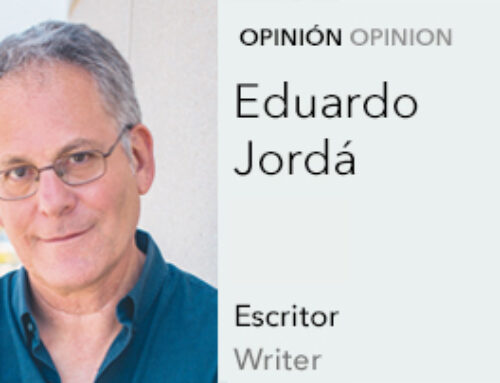
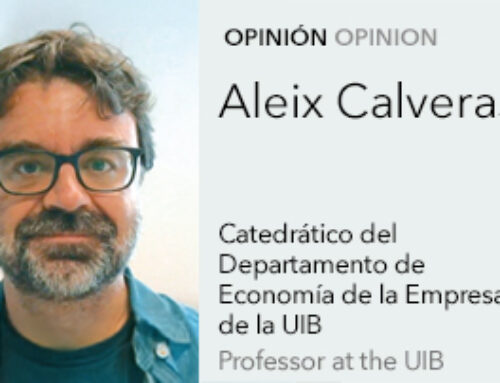
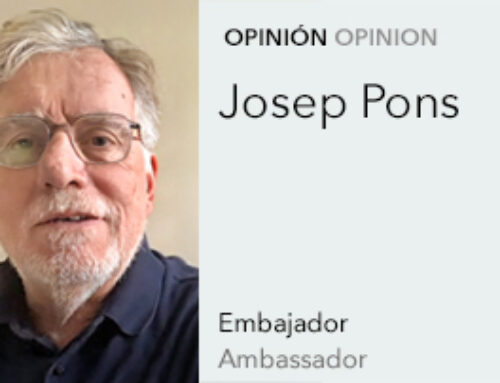
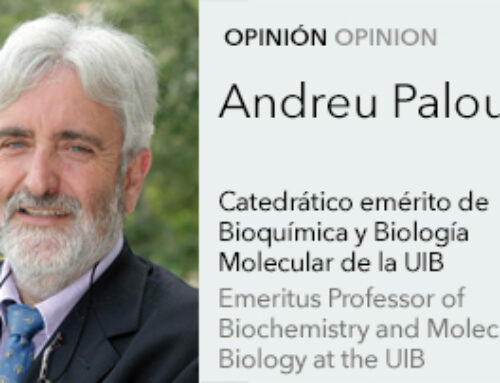
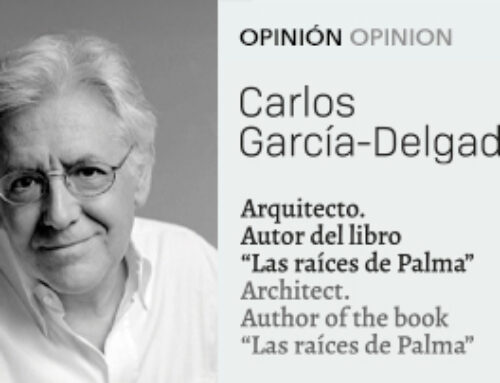

Leave A Comment